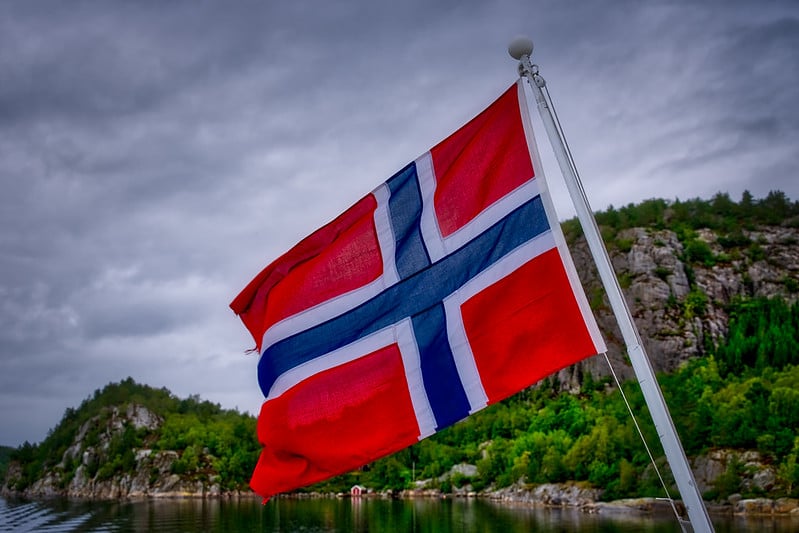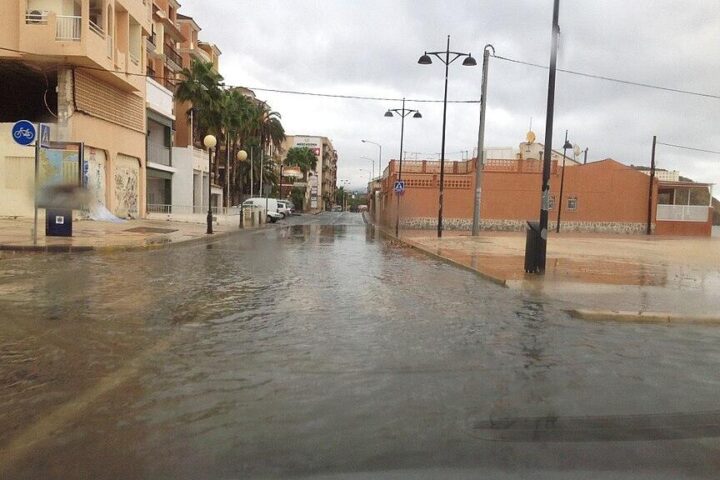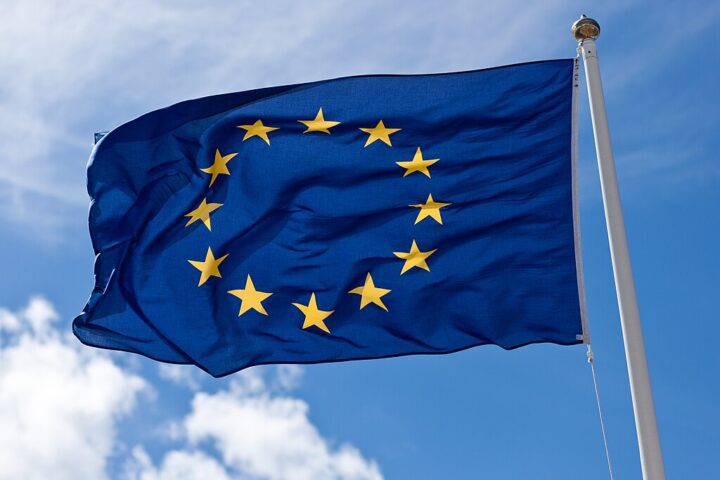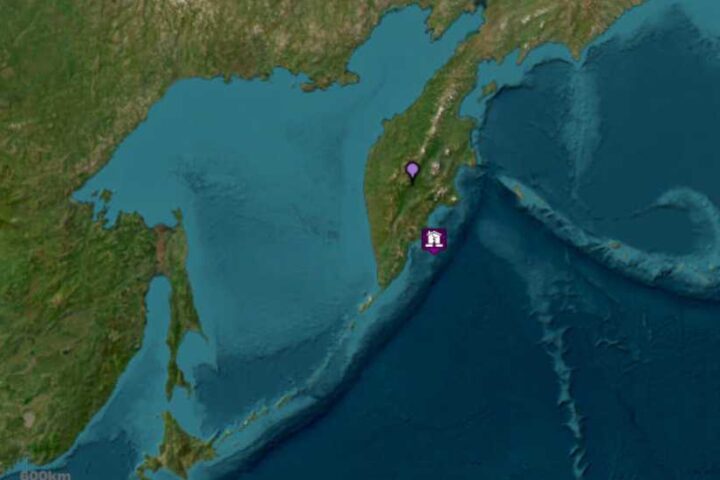Norway has approved a new tourist tax aimed at tackling overtourism problems facing its most popular destinations. Norwegian lawmakers passed legislation on Thursday, June 6, 2025, allowing municipalities to introduce a 3% tax on overnight stays, including for cruise ship passengers.
The tax comes in response to record tourism numbers that have strained local infrastructure. Last year, Norway recorded 38.4 million overnight stays, with over 12 million from foreign visitors – a 4.2% increase from the previous year.
Many picturesque areas like Lofoten, Geiranger, and Trolltunga have struggled with overwhelming visitor numbers. Local residents have reported problems including overcrowded trails, insufficient parking, and inadequate public toilets.
“This doesn’t solve everything,” said Rune Stostad, a Labour Party MP, “but I’m confident municipalities will manage this well.”
The tax is not mandatory nationwide. Instead, municipalities facing “heavy tourism pressure” can choose to implement it after submitting detailed plans showing how the money will be used. All funds collected must go toward tourism infrastructure improvements and facilities that benefit both visitors and locals.
Norway’s Minister of Trade and Industry, Cecilie Myrseth, called the agreement “historical” and emphasized it would build trust between locals and tourists.
Similar Posts
Not everyone supports the measure. Kristin Krohn Devold from the Confederation of Norwegian Enterprise criticized the tax as “madness,” arguing it could drive tourists away and that hotel guests aren’t the main cause of overtourism problems.
Norway joins several European destinations with similar taxes. Venice recently introduced a €5 day-tripper tax, Amsterdam charges a 12.5% nightly levy, and Edinburgh plans to implement a 5% tourist tax starting in July 2026.
The tax includes provisions for campervans, mobile homes, and recreational boats, though the exact application to these travelers continues to be debated since they also contribute to overtourism challenges.

Mayor Vidar Thom Benjaminsen of Vågan in the Lofoten Islands expressed optimism, stating the tax will lead to “more sustainable tourism in Lofoten.”
The tourist tax represents Norway’s shift toward balancing tourism’s economic benefits with protecting its natural environment and local communities’ quality of life


















